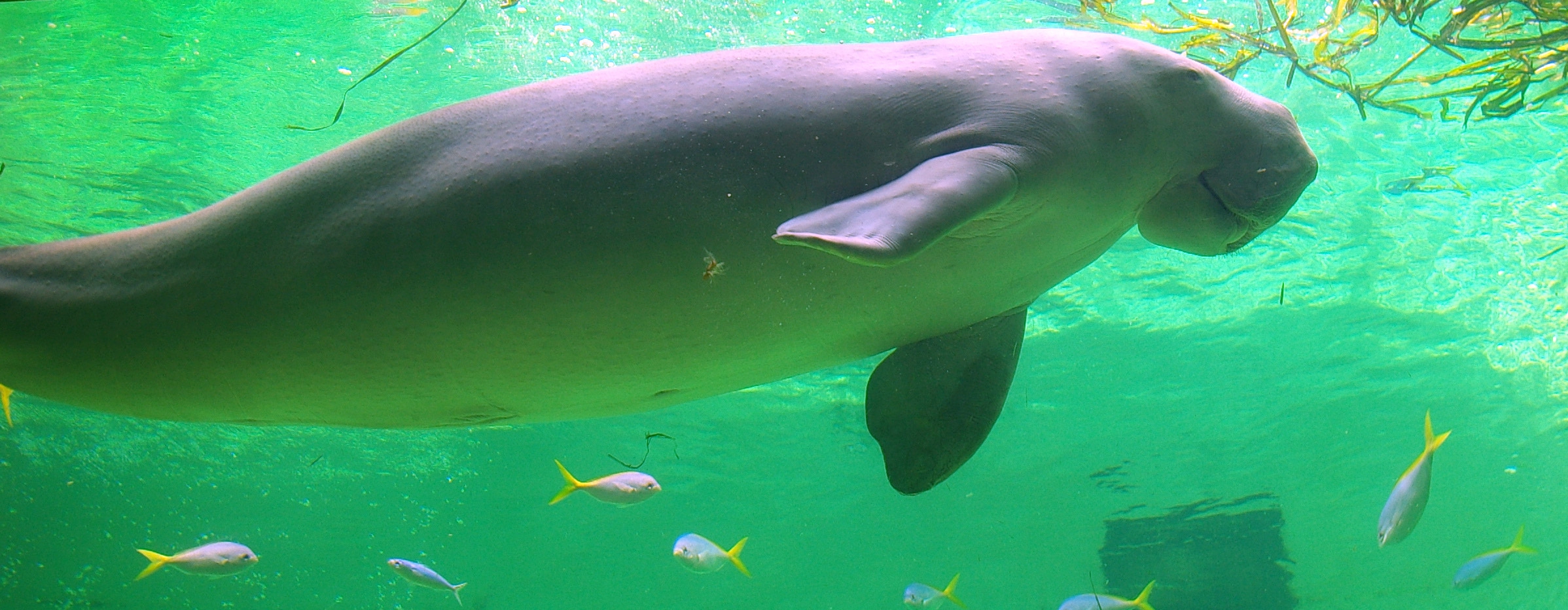Little is known about the population status of the African manatee, the gentle-looking aquatic mammal found throughout west and central Africa. The little knowledge scientists do have, however, is enough to categorize the species as “vulnerable,” according to the IUCN. In Cameroon, manatees are hunted for their meat, accidentally caught in fishing nets and suffering from habitat destruction.
For his 2015 CARN project, Paul Rodrigue Ngafacke wanted to understand how fishermen – who share habitat with manatees and may be responsible for accidental kills – perceive threats to the species. He conducted 58 interviews with fishermen from villages around Cameroon’s Douala Edea Wildlife Reserve, an important haven of biodiversity. The interviews assessed fishermen’s knowledge of the main threats to manatees – which fisherman identified as hunting and accidental capture in fishing nets – plus their awareness of Cameroon’s laws protecting manatees. Ngafacke worked to translate this information into recommendations for a management plan to protect manatees in the Douala Edea Reserve. Thanks to his CARN research, Ngafacke was awarded funding through the UN’s Global Environment Facility Small Grants Program to further the manatee research to a new geographic area. The results from that project were then shared with Cameroon’s Ministry of Forestry and Wildlife, to help the agency improve their manatee conservation efforts in both the Douala Edea and Lake Ossa Wildlife Reserves.
“As an early career and PhD student from Cameroon, the CARN grant was a life-changing experience for me,” Ngafacke says. “It allowed me to conduct my first research project involving intensive fieldwork as principal investigator.”
Following his CARN grant, Ngafacke was appointed project manager of African Marine Mammal Conservation Organization, which works to protect Central Africa’s marine animals, and their habitats, by improving scientific knowledge and involving local stakeholders into conservation efforts. The position has kept Ngafacke involved in marine mammal conservation and research. AMMCO conducts intensive field surveys in all suspected manatee habitat in the country. “We are committed to updating the distribution map of African manatees in Cameroon,” Ngafacke says.
